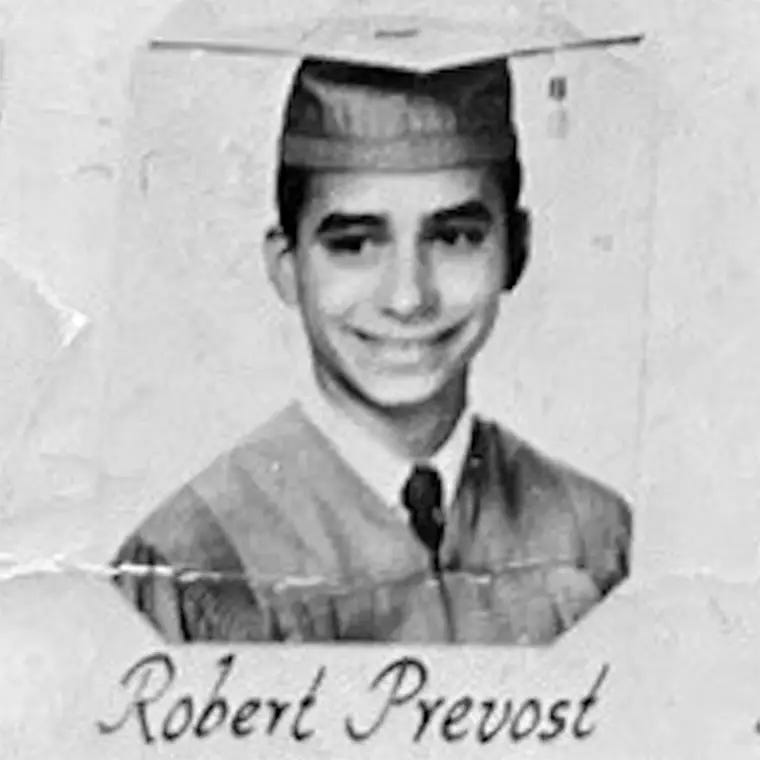
Although I’ve never read his books or listened to many of his podcasts, like many of you here on Substack, I’ve been quietly intrigued by the power of the Stoics as brought to us by Ryan Holiday. Their words, as framed by Marcus Aurelius, Seneca, Epictetus, and others, show up like unexpected neighbors at the family cookout. People you’ve never formally met but they toodle on over when you least expect it, carrying with them some dessert that you probably would never eat anywhere else. Brief connection. These ideas are like a nod, like a glance or a tilt of the head down a busy street, some vague recognition in your psyche, but not real intimacy because they keep you at arm’s length with their supposed familiarity, presuming to know you in some off-handed way. Well....
I’ve been thinking lately about how ideas and people can be like that — quiet, adjacent, squintingly recognizable. They orbit your life like a TikTok reel; the ones you keep getting about running when you simply think you ought to do a 5K sometime soon. You feel them invading — and they feel you — before you name them.
Take the Pope. The new one. Pope Leo XIV. His real name is Robert Prevost, and he grew up in Dolton, Illinois — the next town over from where I was raised. I’m sure he was Bob or Rob or Little Bobby to his friends and family growing up. He’s a few years older than my brother, who is almost four years older than I am. So, when Prevost was in 8th grade, I was still in grammar school, probably in 1st grade. But the geography is close enough. The timelines blur. In a way, I knew him. Or, at least, I understood his neighborhood, as if he were my friends’ much older brothers.
Dolton wasn’t far, but it might as well have been another world.
This is why the Stoics, and the Pope, feel like strange kin. There’s a shared context, a whiff of overlap. People love to name-drop Jesus. But these days, we seem more enamored with the Pope. Maybe because he reminds us of what conviction could look like in public life—unfussy, rooted, present. Pope-y adjacent. Like the guy up the street. Like those ideas always, hinting algorithmically lingering at the edge of your reels.
By the time my family moved into our “Pope neighborhood,” the cultural ground had already begun to shift. What had once been a solidly, mostly white Catholic suburb was slowly diversifying, not by invitation but by inevitability. The Civil Rights Movement had cracked open doors, though the welcome wasn’t always warm. A certain “toleration” replaced the earlier hostility, as seen in the Sidney Poitier film A Patch of Blue, at least for a while—until the Crime-and-Punishment era of the late 1960s gave permission for the hardliners to resurface later, this time with new language: crime, drugs, and broken windows.
As Black families, we knew little about Stoicism. It wasn’t part of our tradition. Our faith language leaned more toward Pentecostal, Baptist, and AME. When we did encounter Catholicism, it was Polish. Irish. Italian. There was ritual and incense, yes—but also a kind of exclusivity, even at the altar. Worship Day was, as Dr. King once said, “the most segregated hour in America.” Sundays didn’t mix well.
So it came as a shock when, near the end of junior high, my mother casually announced, “I really want you to go to Father Mendel.”
Catholic school?
I watched her face closely. It wasn’t settled. Was she joking me? Pulling my leg? Or was she testing the waters, her eyes daring me to call her bluff? A slow grin crept in, betraying just enough amusement to suggest that she didn’t expect me to say yes.
“Father Mendel,” of course, conjured nothing but 5th grade science class. Pea plants. Genetics. Wah-wah-wah. Peanuts and Charlie Brown style. The thought of me attending a Catholic school named after a priest-scientist on the South Side felt as misplaced as a sombrero on Soul Train. I wasn’t so sure about this one, amigo!
“No, thank you,” I said—my voice even, but my body probably trembling. What if she wasn’t joking?
“They give scholarships,” she added. “And that lady from school says their kids go to good colleges.”
She talked to a lady? At the school? To be fair, from the time I was little, the refrain in our house was always: “And YOU two are going to college.” My brother and I never questioned it. It was less a hope and more a contract.
Still, Catholic school? Me?
Had I gone, I might’ve run into Big Bobby Prevost, someday to be Pope, whose mother was the librarian at Father Mendel, and where his older brother John attended. And who knows? I might’ve learned a little more about those Stoics, too. But history’s a funny thing—20/20, as they say. Sometimes what you don’t do leaves the most interesting crumbs to follow.
These days, I find myself picking up those crumbs. Trying to trace back where things began to bend. Stoicism. Catholic school. The Pope next door. None of it was mine, exactly. But all of it touched the edges of my life.
And maybe that’s enough.
Curated Listening:
Well, those priests and monks have inspired more than just quiet reflection. One of the unexpected hit songs of 1990 was Enigma – Sadeness (Part I). If you’re in the mood for Trappist monk house music with a touch of risqué in the video, feel free to indulge HERE.



